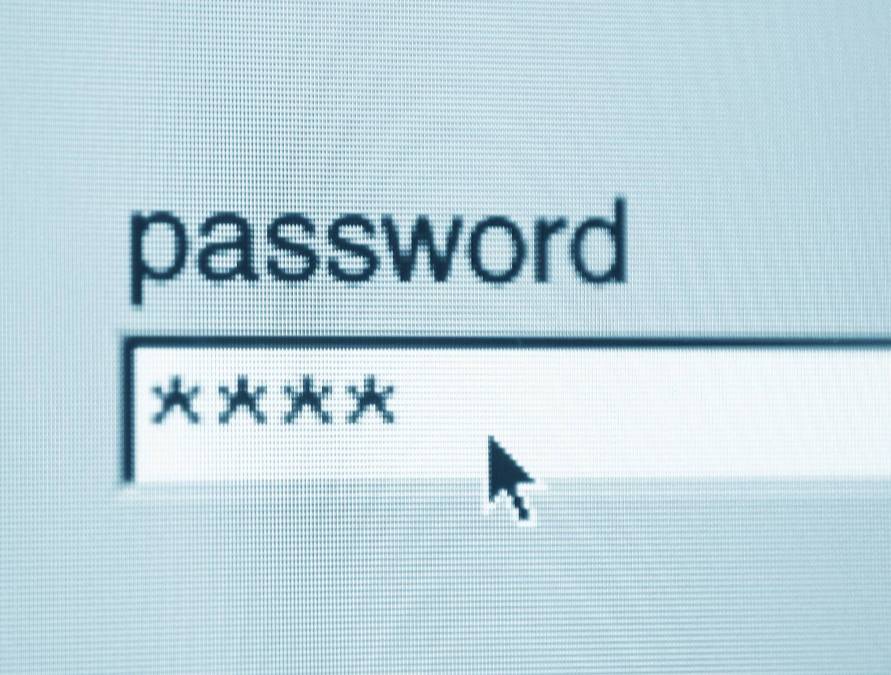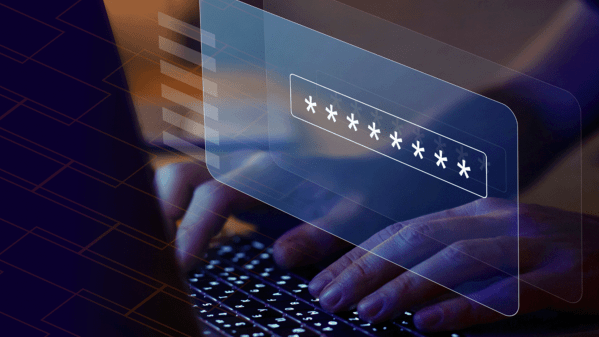Digital ID means no more remembering old passwords, Illinois CIO says

As state governments increasingly embrace digital IDs that can be used across an array of services an agencies, residents will no longer have to remember random passwords to access seldom-used websites, Illinois Acting Chief Information Officer Jennifer Ricker said during an online event Thursday.
“I’m really excited about the potential here to provide one entryway into the state, so residents don’t have to remember their password for this system because it might be something they only access every couple years, like boat registrations,” Ricker said during Okta’s “Age of Identity” event. “To have to remember that every three years” — Illinois’ requirement for its boaters — “versus having something that you know for everything you touch in the state, it also provides us the ability to serve the public better and get a 360-degree view of the individual.”
The Illinois Department of Innovation and Technology, which Ricker has led as acting secretary since last September, runs a digital ID program that allows residents to access multiple state services using a common user name and password. (The Illinois Department of Natural Resources, which controls boat registries, appears to still use its own ID system.) She also said that as the system evolves, it can give state officials better analytics into which digital services are being used most often and give users recommendations for other services they might like to access online.
Digital IDs also improve the state’s security footing, Illinois Chief Information Security Officer Adam Ford said during the panel, especially as it moves toward a zero-trust framework in which a user’s identity is verified at every step.
“We talk about data as infrastructure and we’re moving into an era in which we think about digital identity as a piece of infrastructure,” he said.
The COVID-19 pandemic, during which Illinois — like nearly every other government — was forced to digitize more government services, gave the state a new outlook on protecting its residents’ online footprints, Ford said.
“Just the notion of identity and access management has gained lots of momentum in recent years,” he said. “We’re lining up with how banks and credit cards have been doing it for a while. It’s a new mindset for state government, but it’s greatly empowering because we have more information and better information to protect citizens and protect data.”






